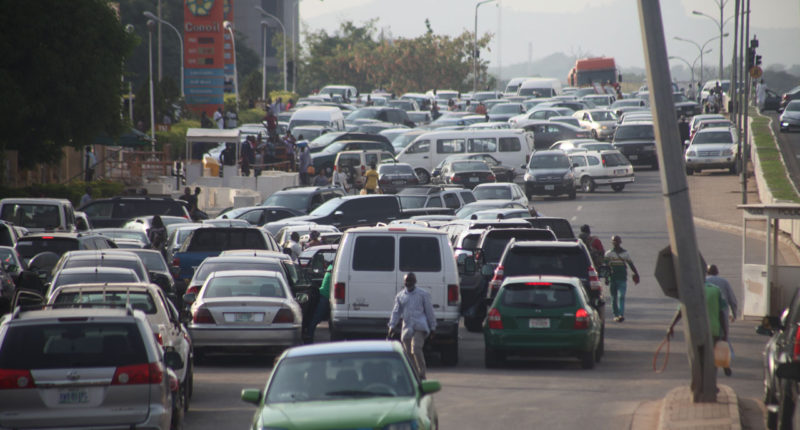On Thursday, Nigeria’s Department of State Security (DSS) issued a 48-hour deadline to the Nigerian National Petroleum Company (NNPC) Limited and other oil downstream stakeholders in the country to end the ongoing fuel scarcity being experienced by residents. On three different occasions, including March 2015, November 2015, and January 2018, DSS has intervened to end fuel scarcity in the country.
Why it matters
The security agency had the constitutional right to issue the 48-hour ultimatum as it falls under its purview of “detecting and preventing threats against the internal security of the country.”
What they are saying
The spokesperson for DSS in Abuja stated that after the meeting with oil stakeholders NNPC agreed to sell the product at an ex-depot price. “It also agreed to decentralize distributions to positively impact marketers.”
State of play
For the umpteen time in 2022, Nigerians are facing a shortage in the availability of fuel for personal and commercial use. The situation is seeing some filling stations sell the product between N200 – N300 per liter (up from between N179 – N190) while others have stayed shut. Also, long queues have resurfaced, with customers waiting in lines to purchase the products. Despite being one of the top oil producers on the continent, Nigeria has failed to effectively manage and develop its oil sector.
The big picture
Fuel scarcity doesn’t just represent a cut in the number of cars on the roads, it means a disruption in the smooth conduct of residents’ businesses. Fuel scarcity also means an increase in the cost of transportation. And with the festive season approaching, the effect of this crisis could be astronomical on prices of goods and services.

